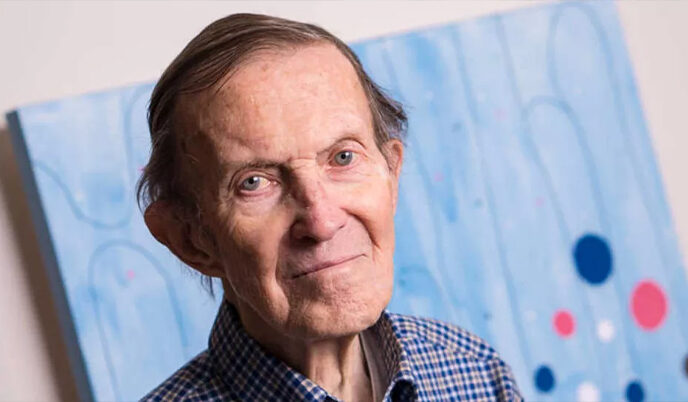
Study shows potential connection between kidney function and hearing impairment
Reduced kidney function may increase the likelihood of developing hearing impairment, according to a new study from the University of Wisconsin School of Medicine and Public Health.

UW Carbone scientists to present at annual cancer research conference
As cancer researchers from across the country descend on Chicago this week for the American Association of Cancer Research’s annual conference, University of Wisconsin Carbone Cancer Center faculty, staff and students are among them.

Elizabeth Burnside inducted into medical and biological engineering elite
The American Institute for Medical and Biological Engineering (AIMBE) inducted Elizabeth S. Burnside, MD, MPH, professor of radiology, associate dean and deputy director of the Institute for Clinical and Translational Research at the University of Wisconsin School of Medicine and Public Health, to its College of Fellows.

Ned Kalin named editor-in-chief of leading psychiatric journal
Ned Kalin, MD, Hedberg Professor and chair of psychiatry at the University of Wisconsin School of Medicine and Public Health, will become editor-in-chief of the American Journal of Psychiatry on January 1, 2019.

Amelia Haj chosen for overseas medical ethics program
A student at the University of Wisconsin School of Medicine and Public Health has been chosen for a unique European medical ethics program.

Fewer mammography recalls associated with higher rates of breast cancers found between screenings
Calling fewer women back for more testing after a suspicious mammography finding is associated with higher rates of breast cancers found between screenings.

Analysis shows current national health spending is unbalanced, often wasteful
Nationally, too much money is being spent on certain aspects of health care, and not enough on other factors that are vital to maintaining health and well-being, according to a recent commentary from researchers at the University of Wisconsin–Madison and ReThink Health.

Researchers develop ways to identify potency of certain stem-cell treatments
Two new methods have been developed to test the health and potency of cells grown in a lab for use in some stem-cell treatments, which could lead to far more effective prediction of potency for clinical trials.

Study destroys myth that motorcycle helmets break necks
While some riders claim that motorcycle helmets can break necks during a crash, a University of Wisconsin-Madison study shows they have the opposite effect.

Angela Byars-Winston leads national consensus study on science of STEMM mentoring
Following the February 9-10, 2017, National Academy of Sciences Participatory Workshop on Effective Mentoring in STEMM, the National Academy of Sciences is moving forward with a consensus study on STEMM (science, technology, engineering, mathematics, and medical) mentoring programs and practices at the undergraduate and graduate levels.

Remembering Matthew Dinsdale ‘Dinny’ Davis: a pioneering retina specialist
The world has lost one of the pillars of modern vision research and ophthalmic clinical care, Dr. Matthew Dinsdale (Dinny) Davis passed away Monday, March 5 surrounded by loved ones.

Researchers one step closer to learning how calorie restriction extends lifespan in animals
A multidisciplinary research team at the University of Wisconsin–Madison has uncovered new clues about calorie restriction and how it works to delay aging and age-related diseases.